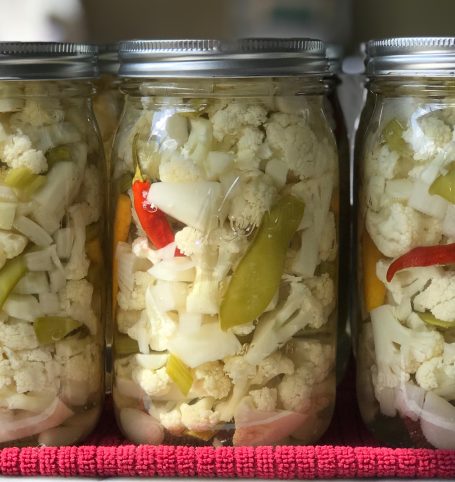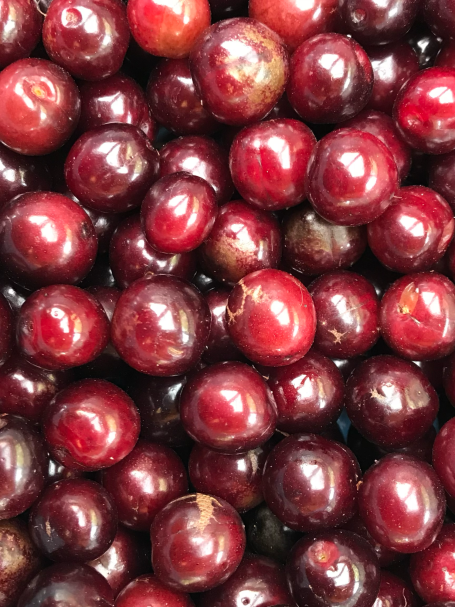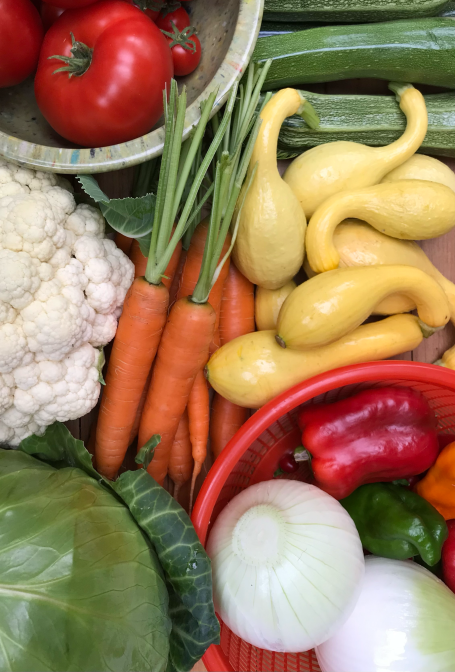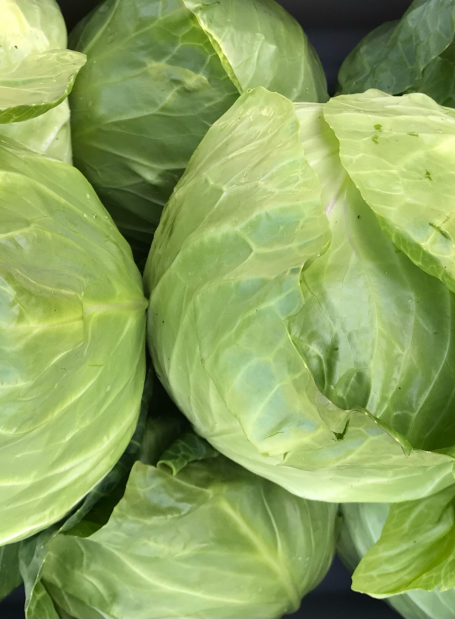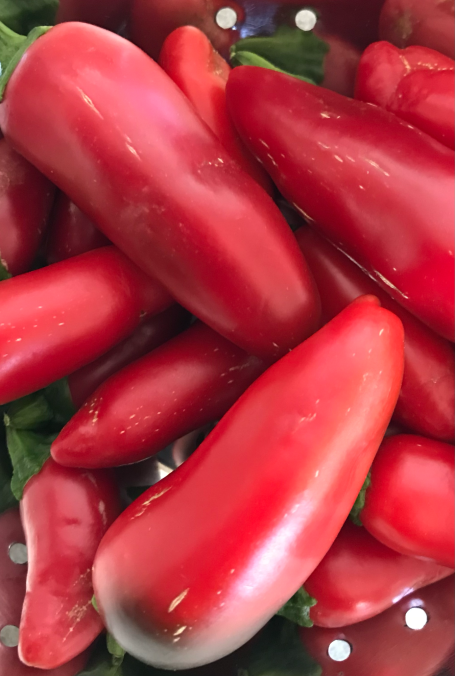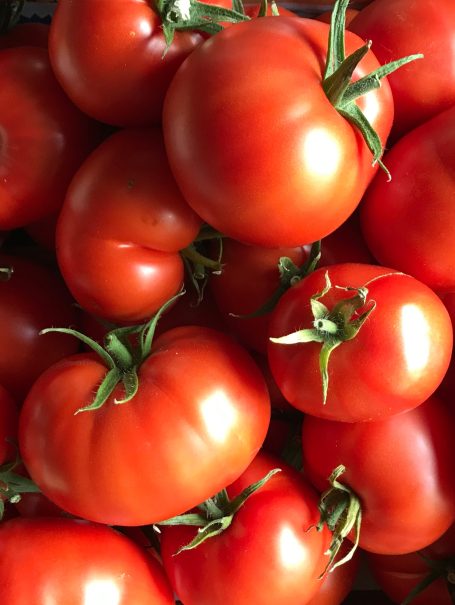Author's Page
Otillia M. Richmond, MH
The Human Nature of NEED and FEED - A Modern Treatise
Economic Lessons - Reinventing the Wheel
Times have changed, as has many of the concepts and circumstance upon which nations were built, including economic structure. Last century, the industrial revolution shifted gears, changing the face of capitalism and the economy with increasing intangible assets and global distribution, local trade entering the realm of complex global markets.
With more money spent and earned on intangibles, such as advertising, product development, and building brands, costs of goods and services now include margins continuing to drive inflation and broadening the gap of inequality at every level. These expenses require large amounts of capital investment and returns outpacing incomes, increasing the cost of living and reducing opportunities for small enterprise.
Imagine the expense of genetic engineering in agriculture burdening farmers, electronic and software development in technology imposing on business and government structure, or the R&D and trials for health care threatening lives and livelihoods. This acceleration of knowledge and intellectual property moved free markets into corporate dominance, melding new with old for added value, and necessitating obsolescence by design to maintain economic growth.
And while economists and politicians reinvent the wheel, and lobbyists show them the way, we also allow curable disease, interest on debt, and amassing waste to contribute to a nation's GDP. The monied get more while the rest are required to earn more, borrow more, and throw more away, narrowing the distribution of assets, increasing wage inequality, and diminishing access to housing and education.
It is time to begin imagining new economics for a capitalistic democracy, and stop reinventing the wheels moving humanity forward, rolling with accepting something brand new. Like regenerative agriculture, we need regenerative capitalism and economics, sloughing the old ideas of upward mobility: using limited resources to generate disparity and waste.
Consumer Lessons - Building Better Mousetraps
One hundred years ago, when the average single family dwelling was less than a 1000 square feet, we did not imagine depleted forests as we pursued homes three times the size, filled with disposable paper products. Nor did we imagine aquifers running dry as we installed indoor plumbing, planted lawns, and embraced fast fashion. Today, when we enroll in 'new in two', we refuse to imagine the results of 16 generations of devices in less than 20 years or when we get behind the wheel in our new EV, we are not imagining the heap of waste transpiring from futile attempts at alternative energy.
But here we are, rallying to save remaining forests and landscapes while adhered to the unending human desire for material extravagance-bigger, better, more mousetraps than ever before-and the way we measure of success: seeing ourselves healthier when we buy supplements, prettier with a new shade of lipstick, or wealthier standing in our newly renovated kitchen. Our imaginations are depicting what we see in the well sculpted and branded product promotions, reinforcing emotional assumptions of fun or prestige. From "priceless" experiences to "because I'm worth it" cosmetics, and everything else in between, humans continue to spend their coin in pursuit of illusionary outcomes, without considerations to the consequence of their spending or understanding they can control corporate's bottom line and protect environments with their debit cards.
We also forget to imagine that once an item is attained, more work begins: recouping the money spent, locating space to put it, and taking on its care and maintenance, often leading to further purchases. Every item an individual acquires commandeers some aspect of their lives, is likely ruinous to the Earth, and may even shorten an individual's lifespan. Possessions are not just those things we own, possessions possess their owners as well.
Humans have long been building better mousetraps and humans continue to take the bait, making value added essential and paying more for century old ideas doing the same thing, also accepting diminished life expectancy, lending to everything we buy being sent to the bin, to include tossing the concept of durable goods for the sake of technological advancement and the archaic structure of economics and consumer spending.
Having less can translate to having more, more time for living, more joy in our spirit, more peace for our soul, and, more money in our pocketbook, just doing it, no branded shoes required.
For ideas to reduce your impact, check out the simplistic, easy to understand treatise - The Human Nature of Need and Feed.
REAPING WHAT WE SOW
Summer's Jewels
Like spring delivers menus of greens, summer is the season of fruits and vegetables, developing from the increasing heat of the summer sun, offering a bounty gems for the table and pantry.
Asparagus, artichokes, beans, broccoli, cabbage, cauliflower, celery,...are the ABCs of vegetables, eaten raw or gently steamed. Vegetables also kickstart the pantry with fermented or vinegar pickles to pair with the cooler seasons stored tubers, roots, and bulbs.
Sweet fruits are the staples of summer. These cool and refreshing, water laden carbohydrates add to the breakfast bowl, lunchbox, and dinnertime desert buffet. Tomatoes, peppers, summer squash, cucumbers, are the savory fruits, and meld for fresh salads, salsas, and sides.
Fruits, sweet or savory, are also ready for conserves in the wintertime larder: jams, chutneys, sauces, and curries to dress those cool season's stored protein rich dried seeds.
Why we Care
Chockfull of vitamins, minerals, phytonutrients, and fiber, to eat out of hand or off the plate, nature's earth to hearth fruits and vegetables are the summertime bounty for year round human health.
For further information, gardening tips, recipes and more, reach for the easy to read treatise - The Human Nature of Need and Feed.


What's Up for Autumn ?
Corn Poppy-
Papaver rhoeas
(annual)
Nutritional Lessons -
Protein vs. Carbohydrate Debate
Fall's Bounty -
Storing the Harvest

